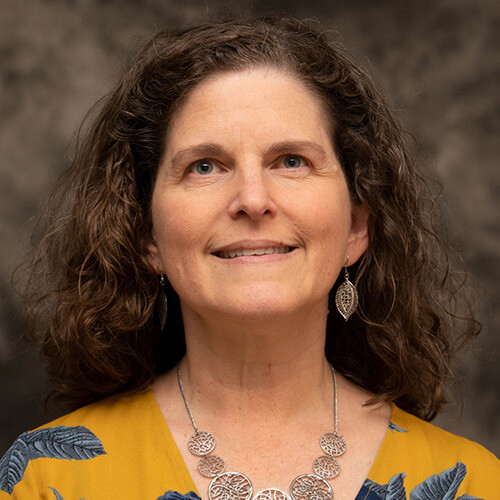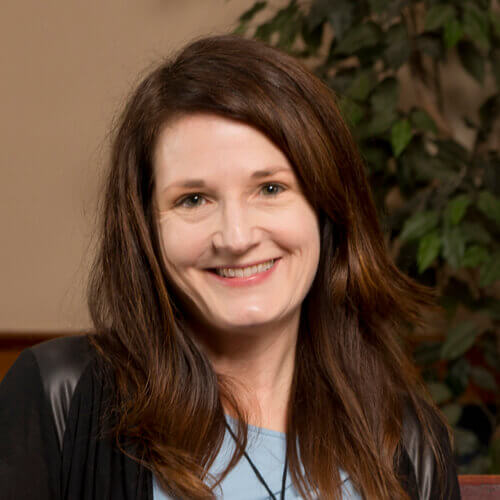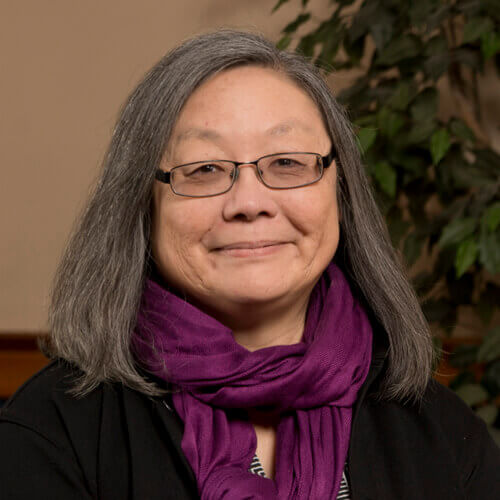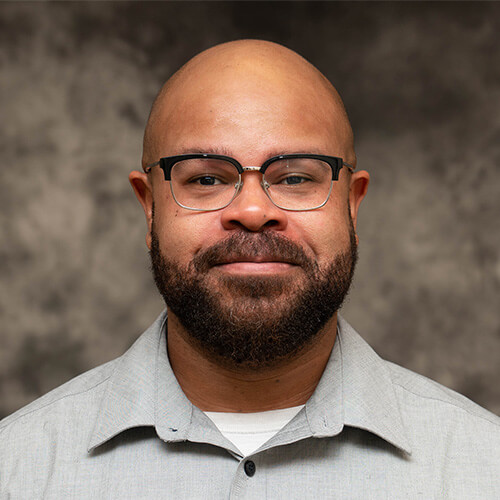Why study Psychology Counseling at MC?

The College’s major in Psychology-Counseling is for students interested in pursuing postgraduate work in clinical or counseling psychology or related professions. The major provides students with coursework related to the practice of psychology, including a firm foundation in the science and theory of human behavior. Students in this major are well prepared for graduate programs in clinical, counseling, and school psychology, social work, marriage and family therapy and related fields. Graduates also gain skills and knowledge to immediately enter the workforce in a variety of social service organizations and programs that serve children and families, individuals with substance abuse problems, chronic mental illness, victims of domestic violence, and others.
Meet a Current Scot

Addi Alford
Hometown: Lebanon, Tennessee
From the moment she stepped onto campus as a high school junior, Addie felt at home and knew she wanted to enroll at Maryville College. As an RA, she has made Gibson Hall her home-away-from-home.
A Bonner Scholar Senior Intern, she has dedicated two years of service to Firm Foundations, the Helen Ross McNabb Center’s program in Blount County that serves individuals who are seeking to obtain self-sufficiency. She credits the College’s Psychology Department and Bonner program with giving her the chance to delve into her chosen major and help her discover her true passion. “My goals for the future are to pursue a master’s degree in social work and eventually become a licensed social worker,” she said.
Meet a Recent Grad

Jordon Muse ’20
Currently: Master’s level middle school counselor
After graduation from Maryville College, Jordon enrolled at Georgia State University, where he recently obtained his master’s degree in school counseling. As a middle school counselor, he’ll build on his National Certified Counselor (NCC) certification and pursue his Licensed Professional Counselor (LPC) licensure, “which allows me to practice counseling with clients in the private practice setting, separate from school counseling,” he said.
“I believe Maryville College’s counseling track prepared me for any of the challenges faced during my master’s program, as well the certification process,” he added. “MC’s counseling track focuses on a lot (human growth and development, social and cultural foundations, etc.) of the critical theories needed for certification/licensure. Having that background knowledge of certain theories specific to counseling, and not general psychology, let me to focus on polishing my skills as counselor, allowing me to complete the certification process quicker than most of my peers. Because of this foundation, I believe I will be able to start practicing privately about two years earlier than the average Licensed Professional Counselor.”






